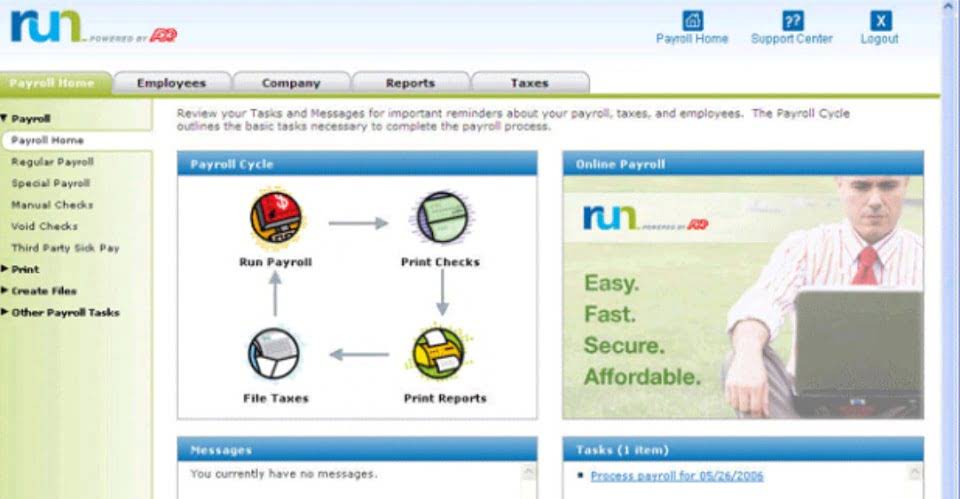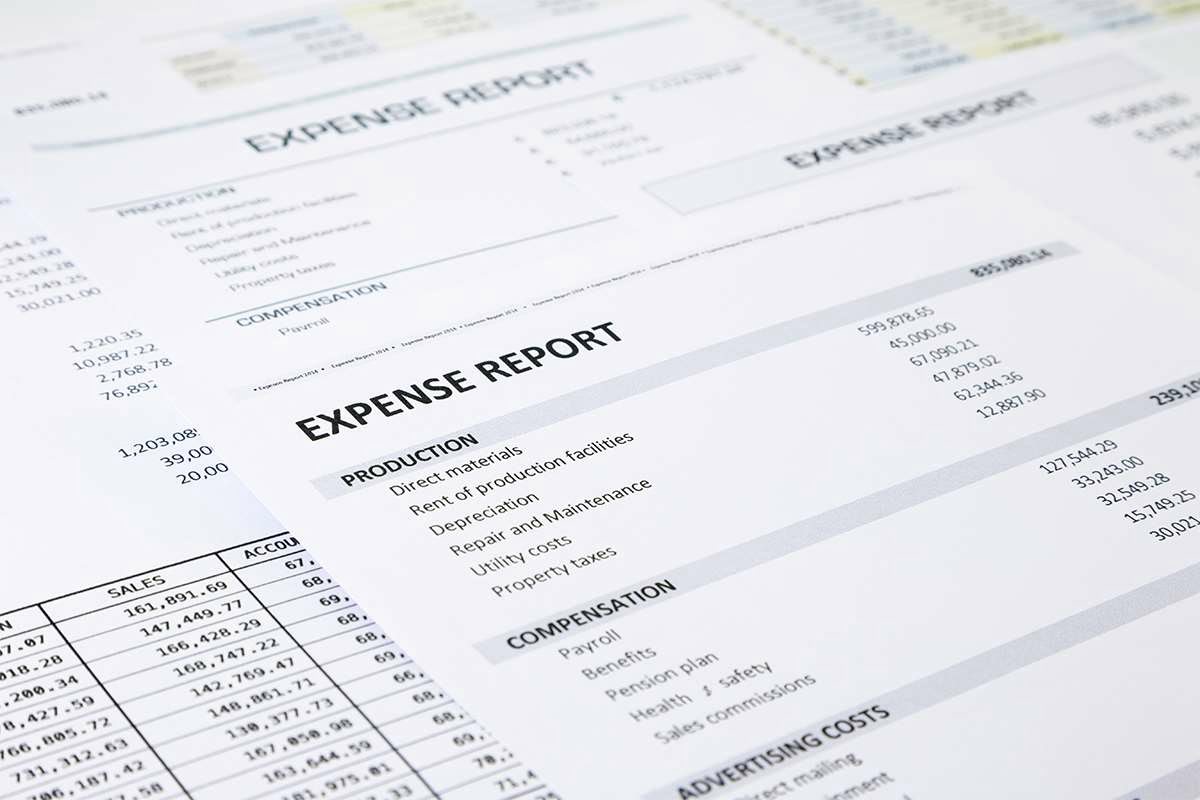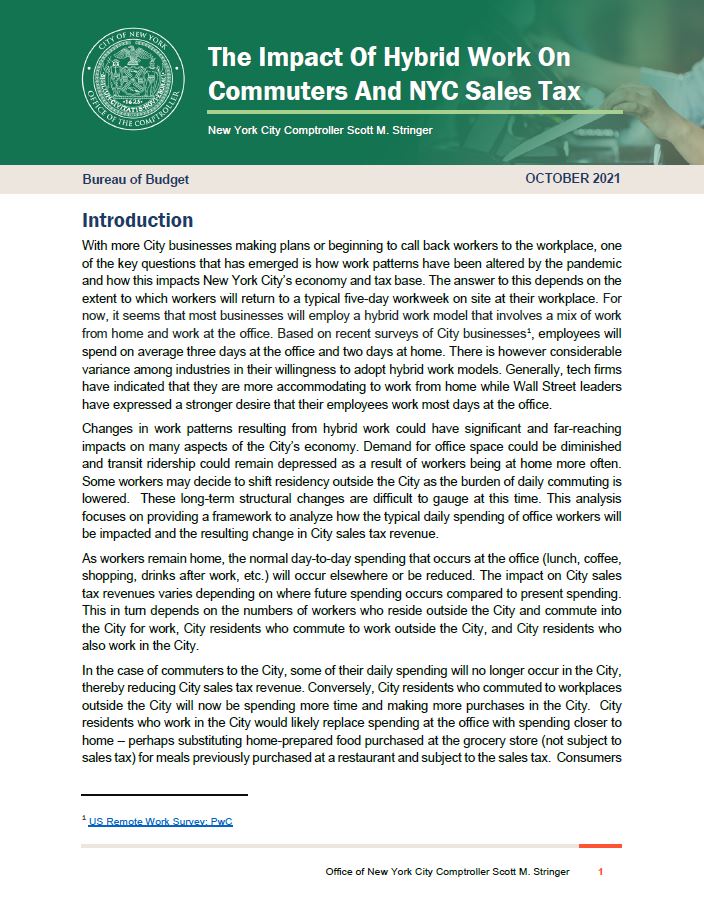Also, menial and manual tasks are economic order quantity eoq definition and formula eliminated, allowing employees to allocate their time to more meaningful work. ERP systems and software are an industry unto themselves, located at the heart of the technology space. Because of ERP systems efficiency, success – and therefore, desirability – it is an industry worth several billions of dollars today. As the name suggests, ERP’s primary goal is to manage the various resources within the company to make sure they are being utilized in a cost-effective way.
Enterprise Resource Planning (ERP): Meaning, Components, and Examples
As such, it is the critical system needed for running the operations of a modern business. Accounting software is generally more affordable accrual vs deferral and easier to implement than ERP systems. If you have a limited budget or lack the necessary resources for a more extensive implementation, accounting software might be a more practical choice. However, keep in mind that as your business grows, you may need to invest in an ERP system to support your expanding operations. Choosing a reputable vendor with a proven track record is crucial for a successful ERP implementation. Businesses should evaluate vendors based on their experience, customer reviews, and support services.
Real-time data for real-time decision-making
In addition, users gain a comprehensive, real-time understanding of enterprise business activities not only in the front office, but 2 1 accounting concepts also in warehouses, on factory floors, and everywhere else across the enterprise. This knowledge is then readily available to every appropriate employee on their mobile devices, including smartphones and tablets. Men’s grooming product maker Fulton & Roark successfully implemented enterprise resource planning to better track inventory and financial data. Like many other businesses, the North Carolina company used spreadsheets to track inventory and accounting software to record financial data.
- Nobody wants to run a business with each department functioning separate from the other.
- Their antiquated inventory tracking system did not account for changing costs, and the accounting software could not record the metrics needed for key financial statements.
- No company that continues to rely purely with on-premises technology will be able to recruit top talent, regardless of age.
- ERP systems create a single source of truth for business data, eliminating inconsistencies across departments and locations.
- ERP systems ensure that companies are able to seamlessly enhance and optimize their accounting and finance functions.
- On-premises ERP systems are installed on a company’s local servers and managed internally.
Monthly Financial Reporting Template for CFOs
- If your teams are constantly duplicating work or struggling to find accurate, up-to-date information, an ERP system can centralize your data and streamline your workflows.
- Then, the hosting company loads the applications onto the server the client is renting, and both parties begin working to integrate the client’s processes and data into the platform.
- With an ERP accounting system, all financial data is stored in a single database, accessible to authorized users across the organization.
- ERP systems typically consist of several core components that work together to manage key business functions.
- Facing challenges in loan management, regulatory compliance, and integration with internal systems, Finzey turned to HAL for a solution.
- It saves time, reduces errors, and provides real-time insights to help you make better decisions.
Vivek Shankar specializes in content for fintech and financial services companies. He has a Bachelor’s degree in Mechanical Engineering from Ohio State University and previously worked in the financial services sector for JP Morgan Chase, Royal Bank of Scotland, and Freddie Mac. Vivek also covers the institutional FX markets for trade publications eForex and FX Algo News. These articles and related content is the property of The Sage Group plc or its contractors or its licensors (“Sage”). Please do not copy, reproduce, modify, distribute or disburse without express consent from Sage.These articles and related content is provided as a general guidance for informational purposes only. These articles and related content is not a substitute for the guidance of a lawyer (and especially for questions related to GDPR), tax, or compliance professional.
ERP deployment models: From on-premises to the cloud
Customization and integration with existing systems can be more extensive, and this type of ERP usually requires dedicated IT resources for maintenance, updates, and security. Then, the hosting company loads the applications onto the server the client is renting, and both parties begin working to integrate the client’s processes and data into the platform. Having looked at the types of ERP systems, let’s now explore 10 key benefits of implementing an ERP solution in your company. The use of Brex’s platform is subject to eligibility requirements and terms of service, learn more at Brex.com/legal. Service-specific terms apply, including but not limited to our Brex Card Program Terms, Rewards Terms and Travel Terms.
This guide offers a straightforward look at what ERP systems are, how they function, and the value they can bring to businesses like yours. Cloud solution service providers have large, full-time teams that are exclusively dedicated to proactively monitoring and staying current with cloud security issues and threats, 24 hours a day. Reporting and analytics for legacy systems typically require involvement from a third-party vendor to generate operational business intelligence. Using cloud applications from your legacy ERP vendor often produces the same or better intelligence without needing an additional vendor relationship. Today, ERP systems are critical for managing thousands of businesses of all sizes and in all industries.
Teams can share real-time updates, access the same data sets, and coordinate activities more effectively. This article explores the benefits that make ERPs crucial for modern business success. We’ll also discuss how integrating payment automation with your ERP can further streamline financial operations and accelerate growth. Managing operations through disconnected systems and manual processes creates a cascade of inefficiencies that ripple throughout the entire organization. Companies struggle with data silos, delayed reporting, and inefficient workflows that lead to costly errors and missed opportunities. Choosing the right ERP may take time, but the benefits—better efficiency, cost savings, and improved decision-making—are well worth the effort.















